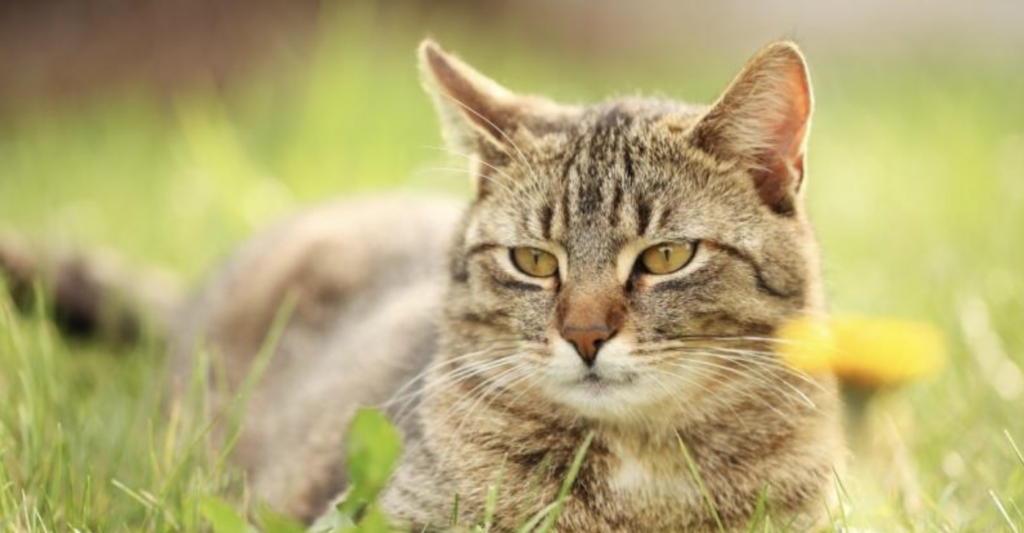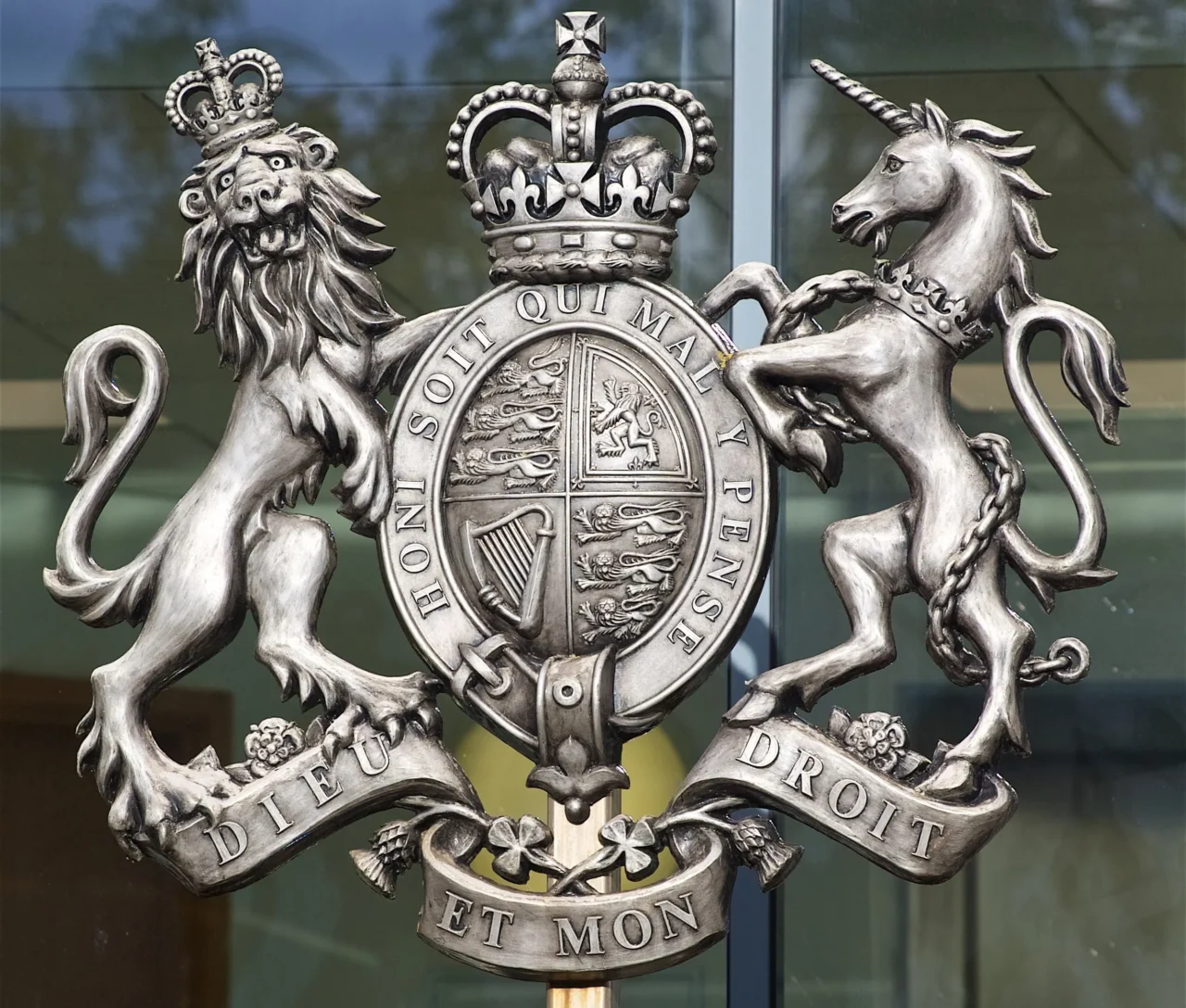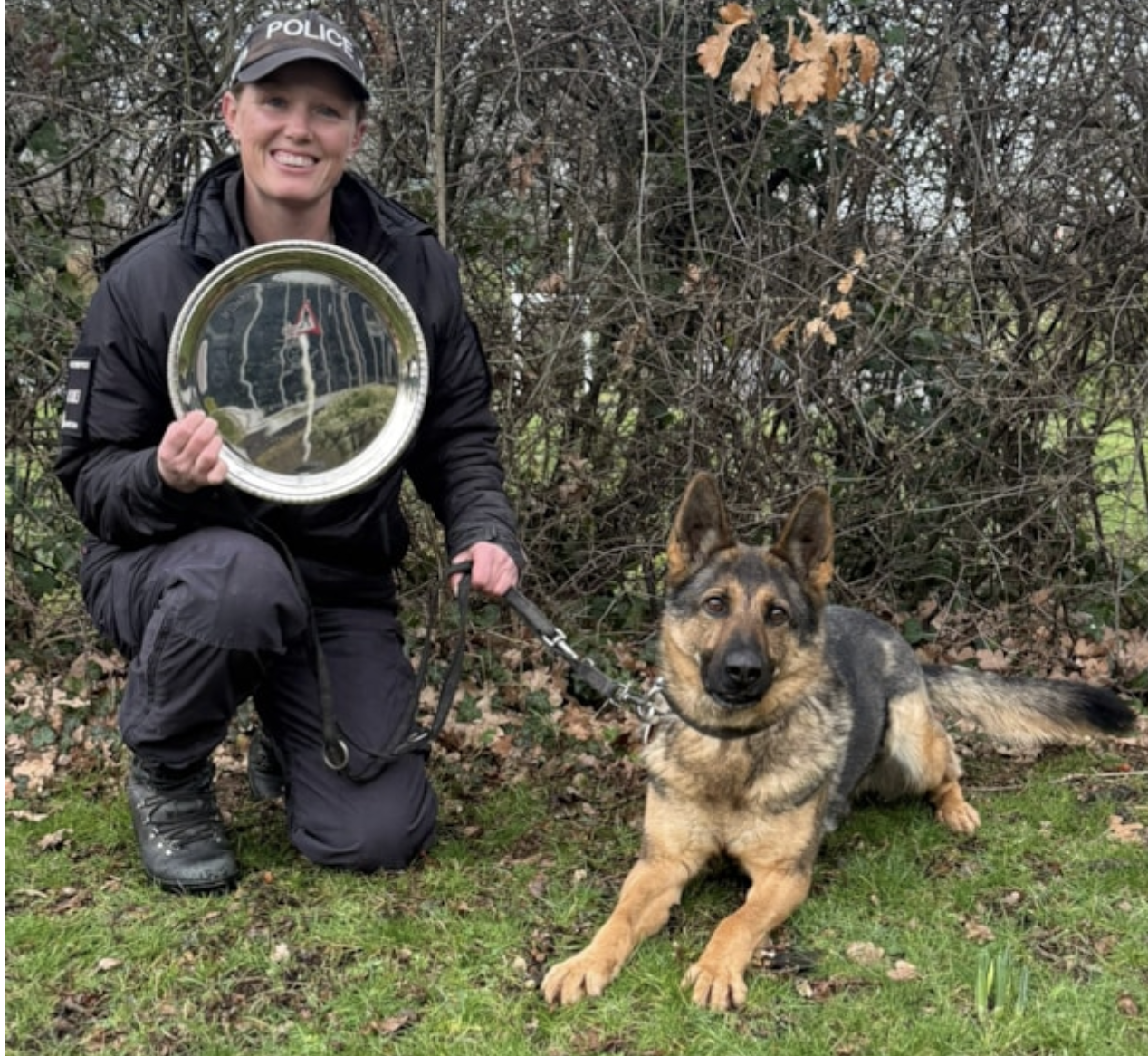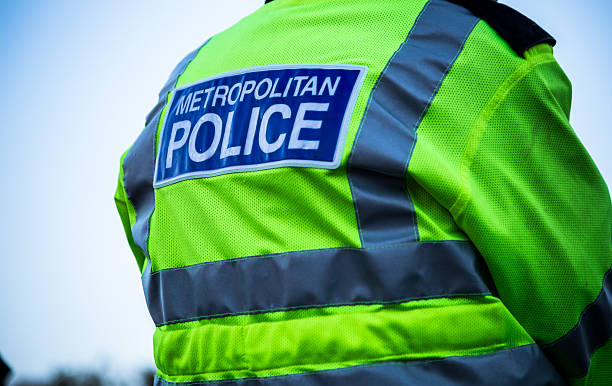As summer shines, our feline and canine pals are loving the great outdoors. But if you spot your cat or dog chomping on grass, you might wonder: why?
The PDSA vet charity has weighed in. Here’s the lowdown on why your pets might be grazing.
Why Do Cats Eat Grass?
Vet Nurse Nina Downing from PDSA explains: “Cats are ‘obligate carnivores’, meaning meat is their must-have diet. So why the grass nibbling? It’s perfectly safe and surprisingly common.”
There are a few theories. Grass might help cats with digestion or get rid of hairballs. It also contains folic acid, a nutrient cats need. Often, it’s just the taste and texture they enjoy. “A balanced diet usually covers their nutritional needs,” Nina adds.
What About Dogs Eating Grass?
Forget the myth that dogs eat grass only when sick or nutrient-deficient. “Dogs are omnivores and grass eating is normal,” says Nina.
- Some dogs simply love the taste.
- Scent marks from other animals may draw them in.
- Bored dogs might munch grass as a pastime.
If boredom’s the culprit, try longer walks or interactive toys to keep your pooch busy.
Grass Dangers You Must Know
- Toxic Treatments: Avoid lawns treated with fertilisers, pesticides, or herbicides to keep pets safe.
- Grass Seeds: These sneaky seeds can lodge in eyes, ears, paws, or skin—especially in summer. Spot trouble? See your vet fast.
- Long Grass Risk: Long blades might irritate a pet’s nose or throat. Keep grass trimmed short.
- Lungworm Threat: Slugs and snails carry lungworm in grass. Ensure your dog’s de-wormer covers lungworm protection. Check with your vet for the best product.
Final Words from the Vet Nurse
“Grass eating is usually normal, but watch for signs of illness or excessive munching,” says Nina. “If you’re worried, chat with your vet.”
So, next time Spot or Whiskers are caught chewing the lawn, there’s no need to panic. Just keep an eye on them and the grass they’re grazing on!


















